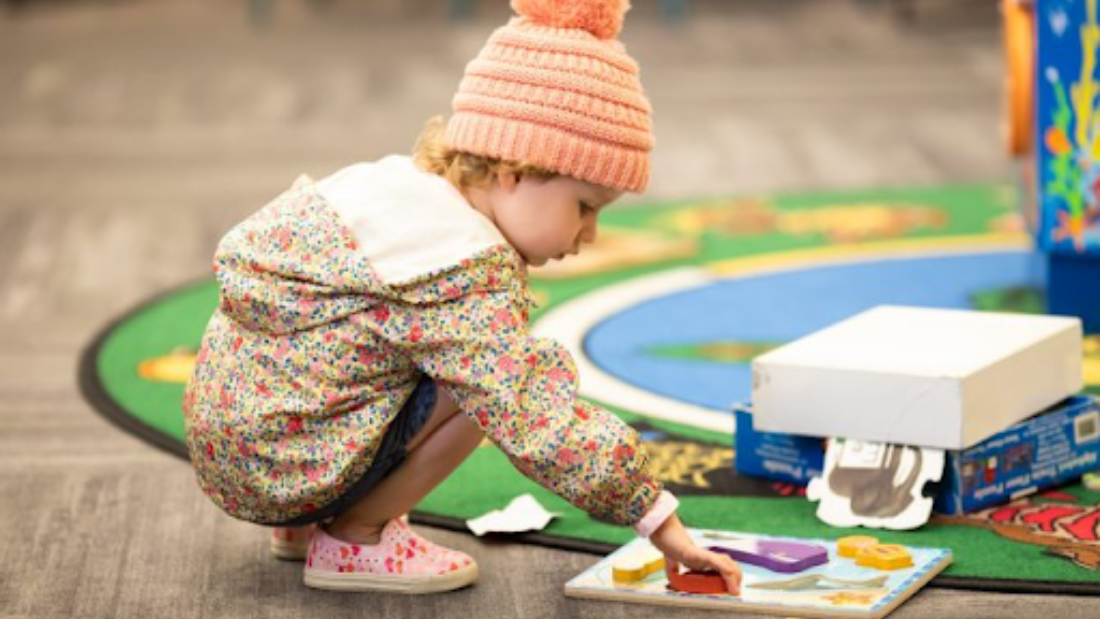In the ever-evolving landscape of childhood development, one element remains a cornerstone: play. Parents today may feel pressure to fill every moment of their children’s day with structured activities, but the truth is, unstructured playtime is crucial for fostering cognitive growth and emotional well-being.
Research has shown that children learn best when they engage in free play. This type of play enhances problem-solving skills and creativity, as children navigate their own environments, invent their own games, and explore their imaginations without adult intervention. When young minds are allowed to wander and create, they build neural connections essential for learning. The beauty of unstructured play lies not just in its spontaneity but also in its power to ignite curiosity and critical thinking.
Moreover, the emotional benefits of play are profound. It is through play that children learn to express their feelings, cope with fears, and develop resilience. Play allows them to experiment with roles and scenarios, helping them make sense of the world around them. For example, a child pretending to be a doctor may express worries about a recent doctor’s visit, turning anxiety into understanding. Such imaginative play nurtures emotional intelligence, equipping children with valuable skills that will serve them throughout their lives.
Social skills also flourish through play. Engaging with peers in an unstructured environment teaches children about cooperation, negotiation, and empathy. These experiences are foundational; they learn to share, take turns, and resolve conflicts—all essential components of successful relationships. Whether it’s building a fort in the living room or teaming up for a game outside, play nurtures social bonds that can last a lifetime.
In today’s busy world, parents worry about how to incorporate play into their hectic schedules. The good news is that meaningful play doesn’t require elaborate planning or extensive time commitments. Simple strategies, like declaring “play hours” or reserving time for unstructured outdoor exploration, can work wonders. Even household chores can be transformed into fun activities when approached with creativity—think “clean-up races” or “grocery store role-play.”
Reducing distractions is another key to promoting free play. In a time dominated by screens and devices, parents can encourage more engaging experiences by setting limits on technology and creating a play-friendly atmosphere. Designating specific areas in the home for play can inspire children to engage with their surroundings in enriching ways.
Understanding the role of play in mental health is equally important. As children express themselves through play, they build confidence and self-esteem. These experiences contribute to a sense of belonging and security, crucial elements for a healthy mindset.
In sum, the science of play underscores its critical role in childhood development. By allowing children the freedom to engage in unstructured play, parents provide them with invaluable tools for growth, resilience, and connection. In a world filled with schedules and obligations, the most precious gift a parent can give is the gift of play—simple, enriching, and endlessly rewarding.


Leave A Comment